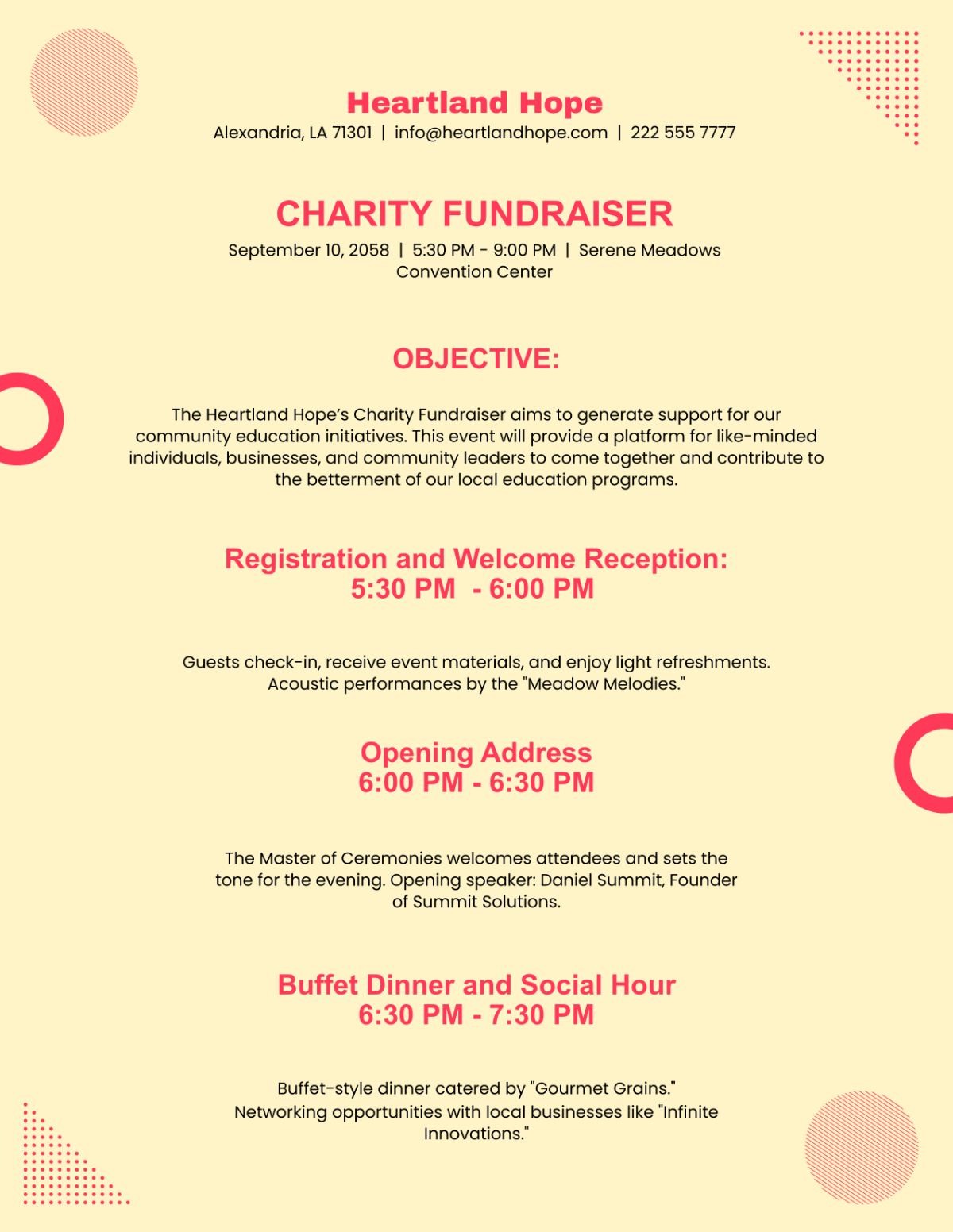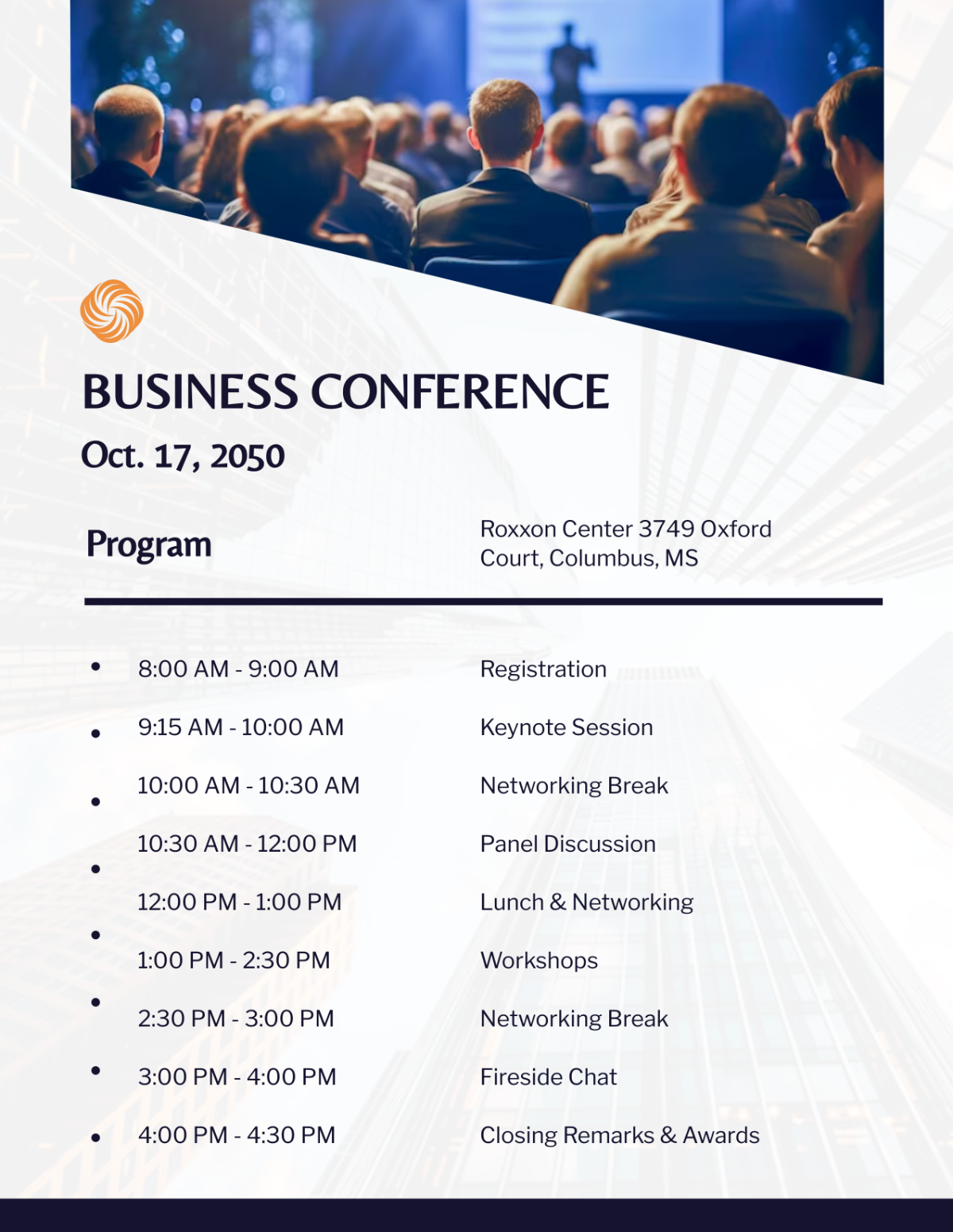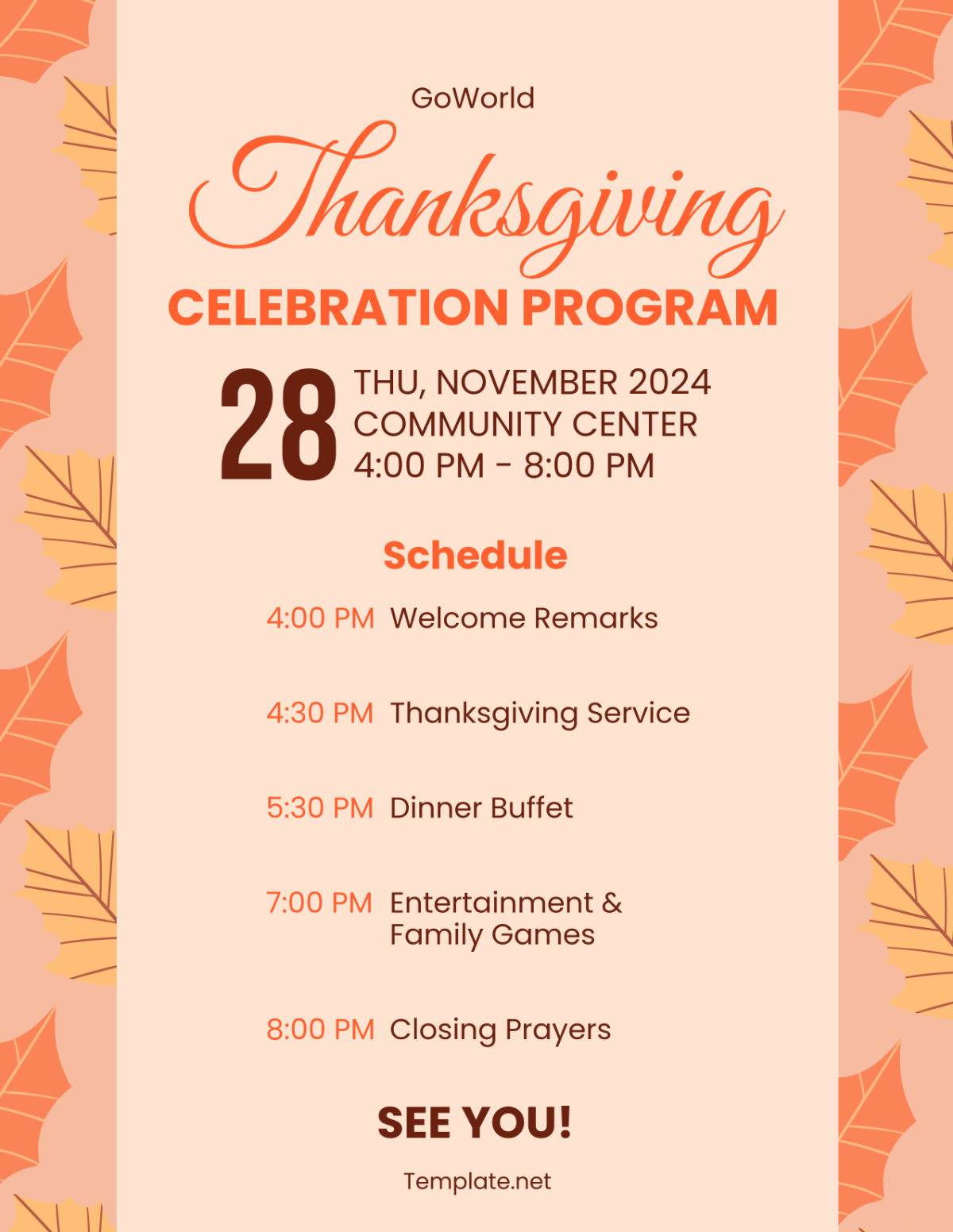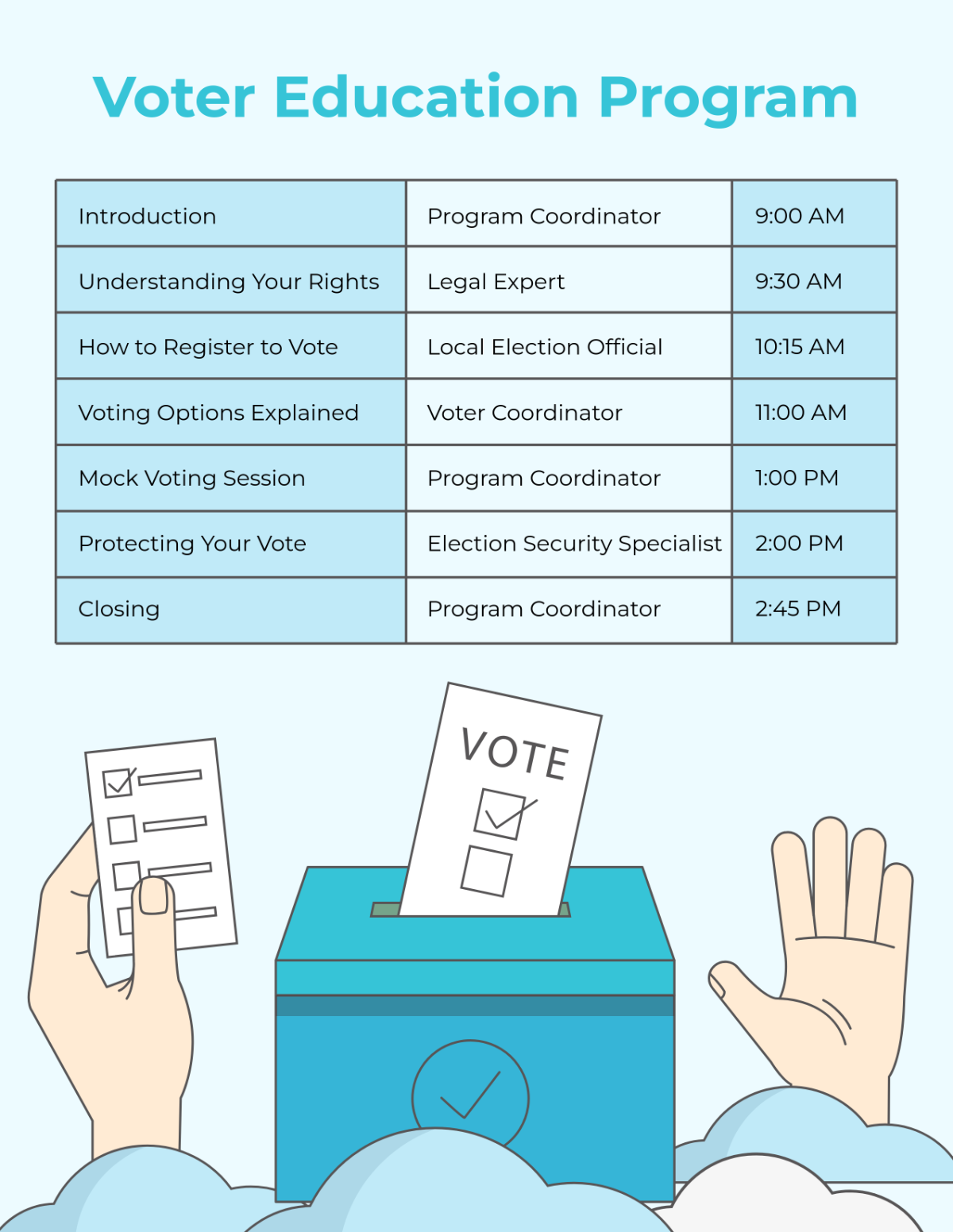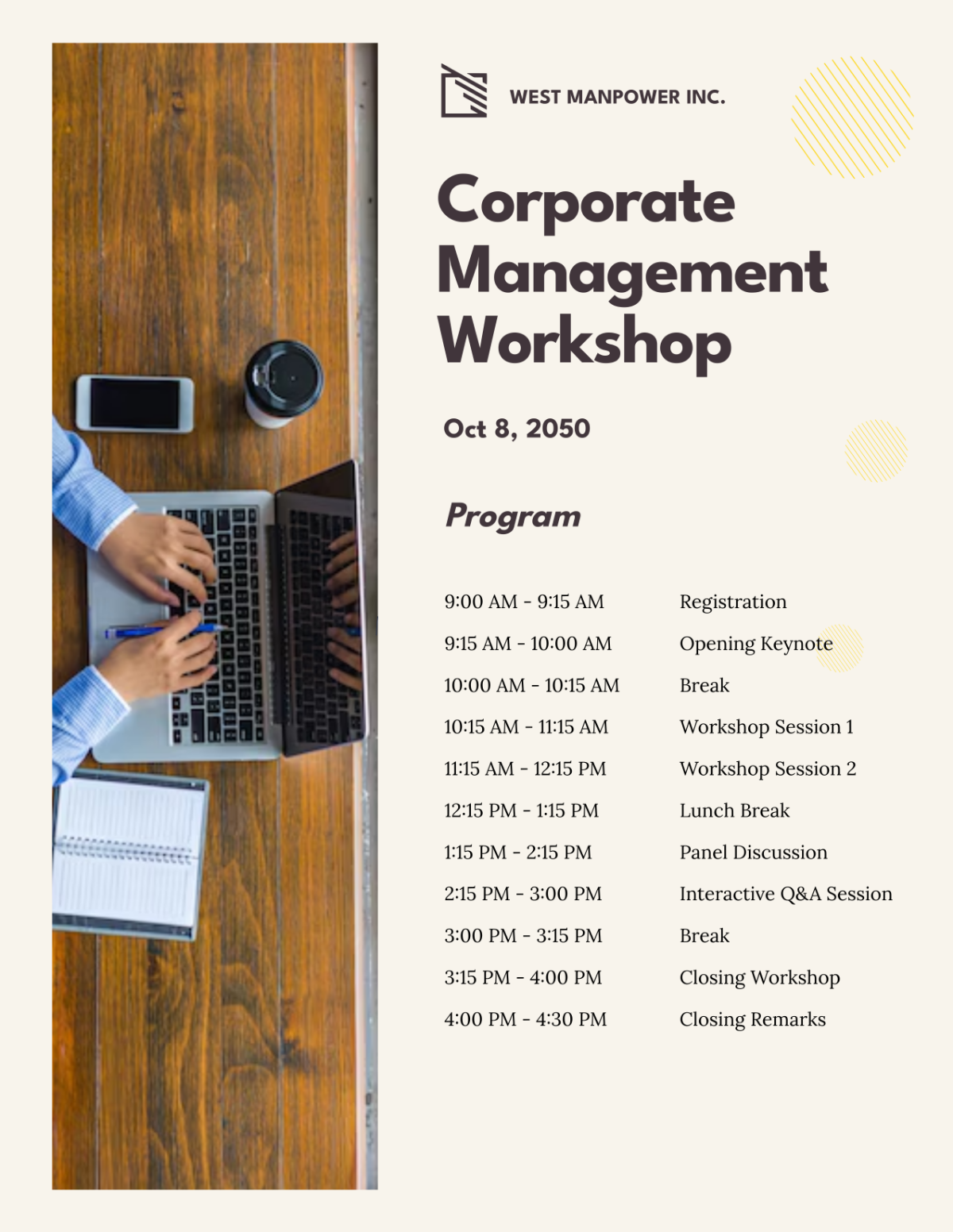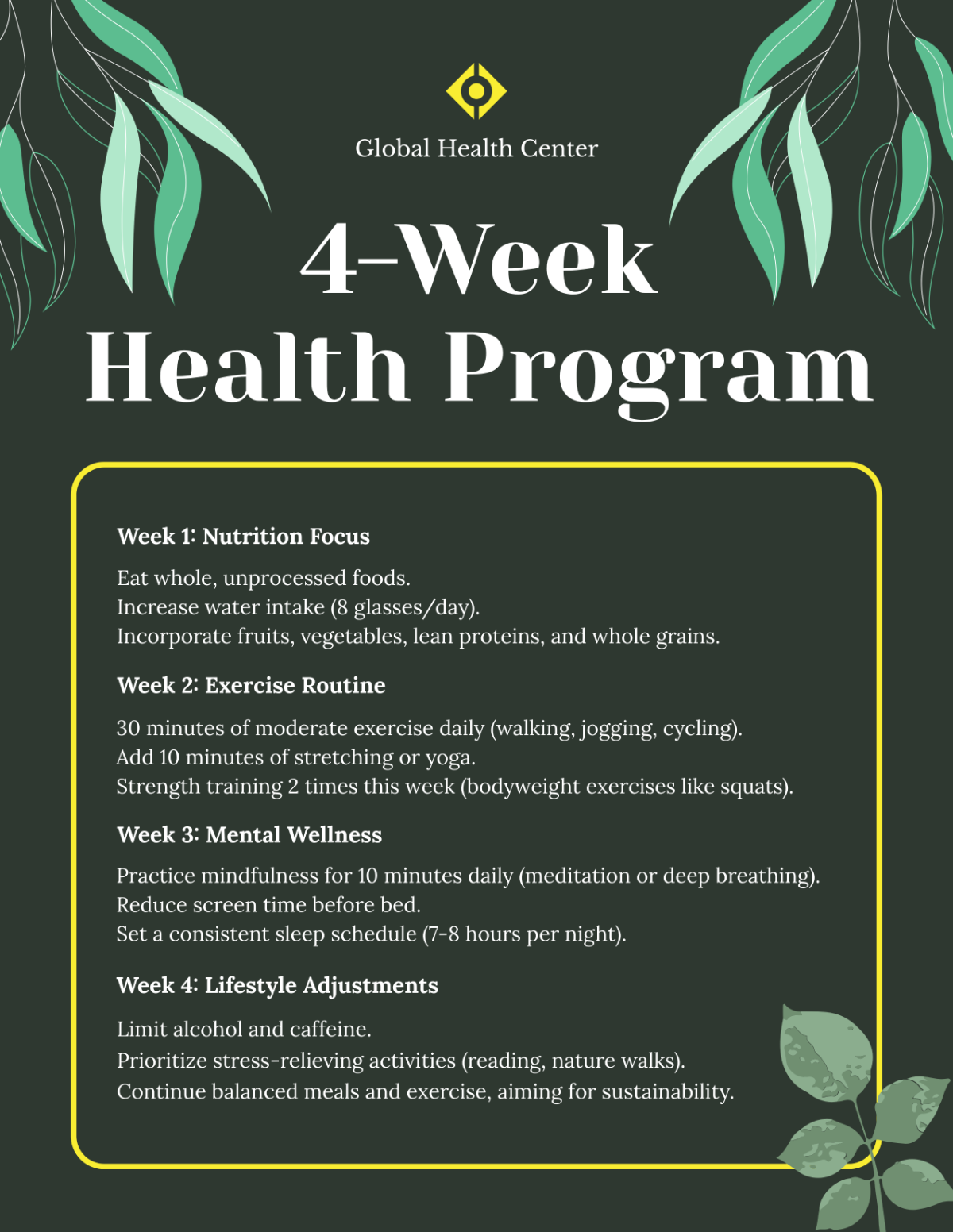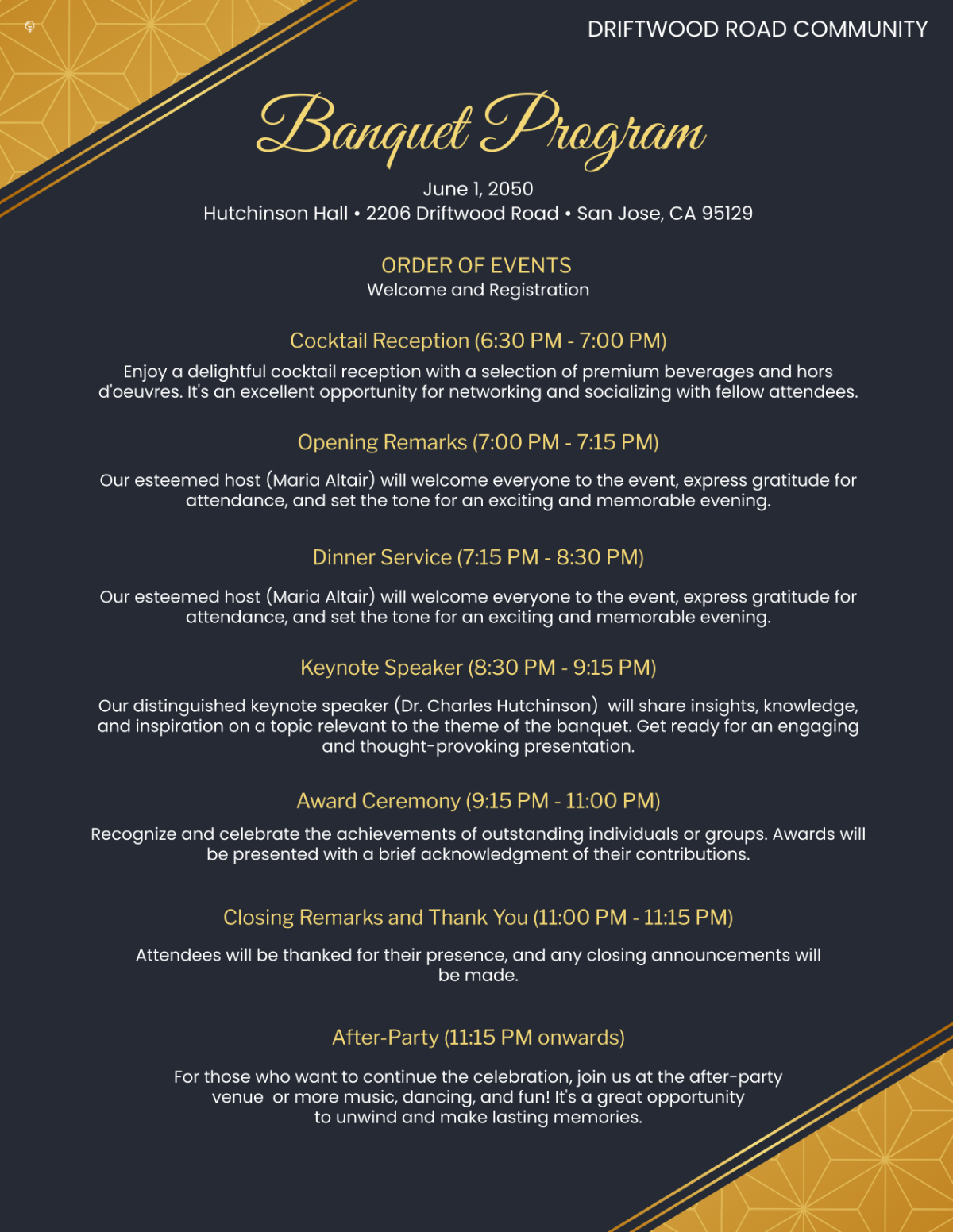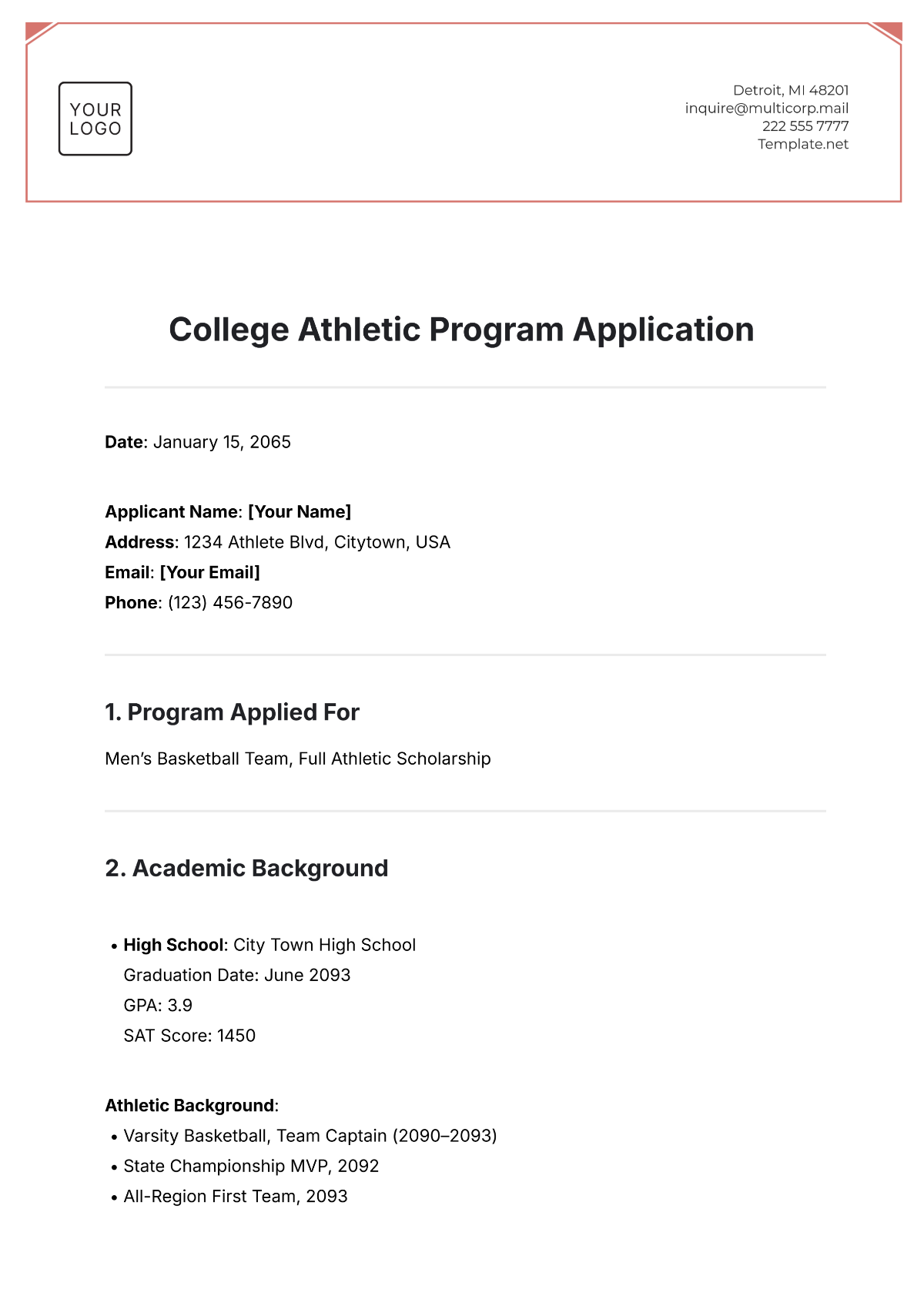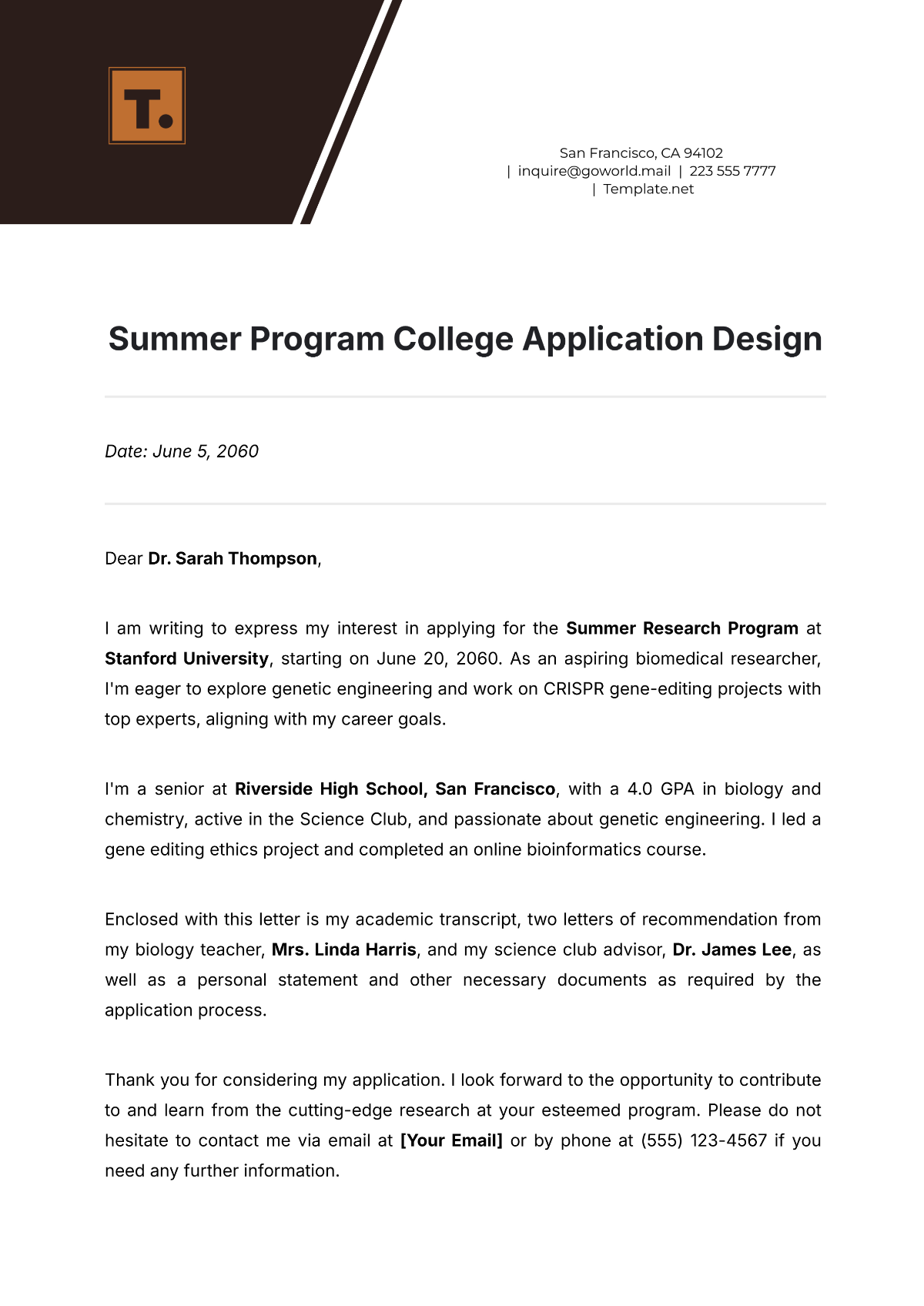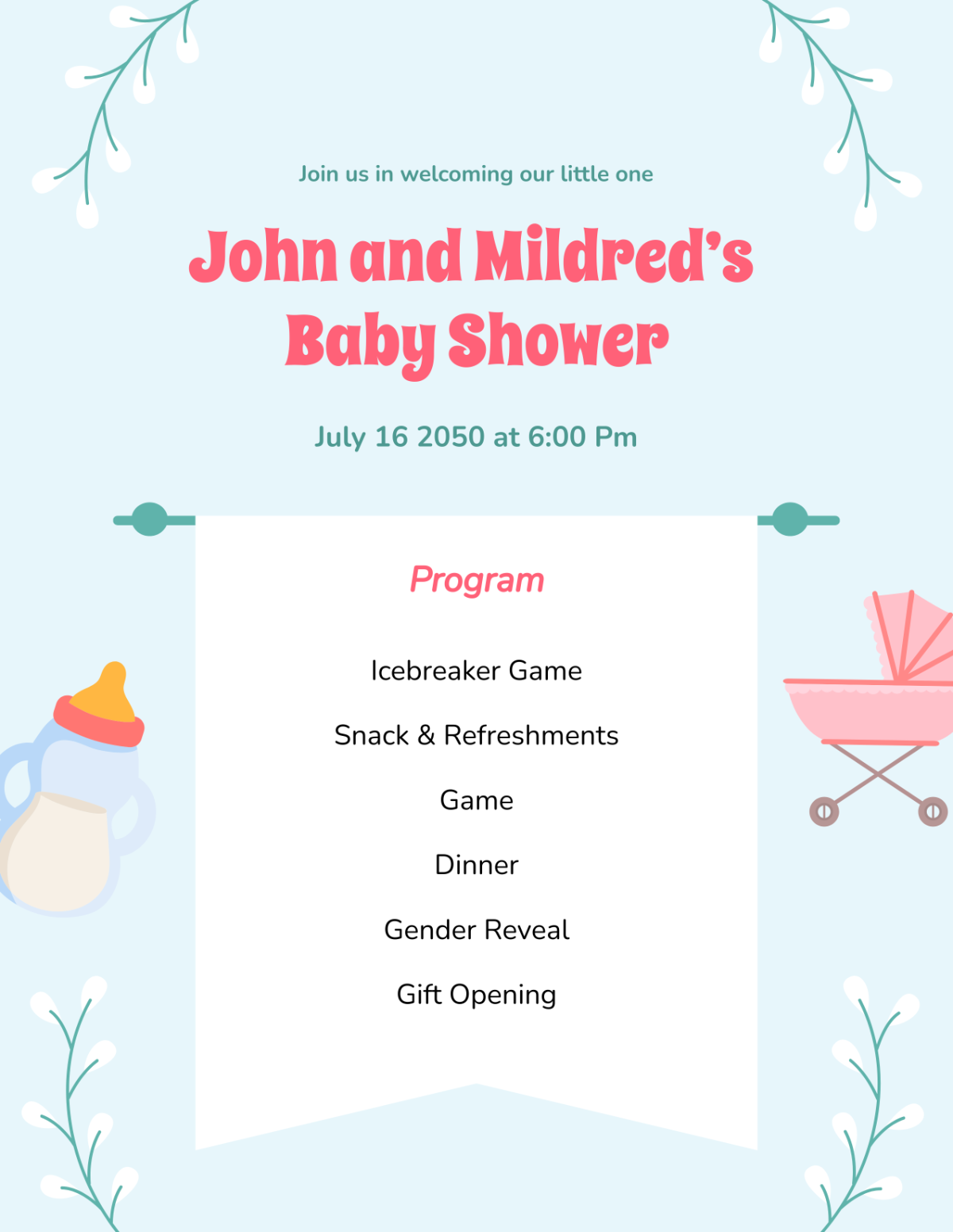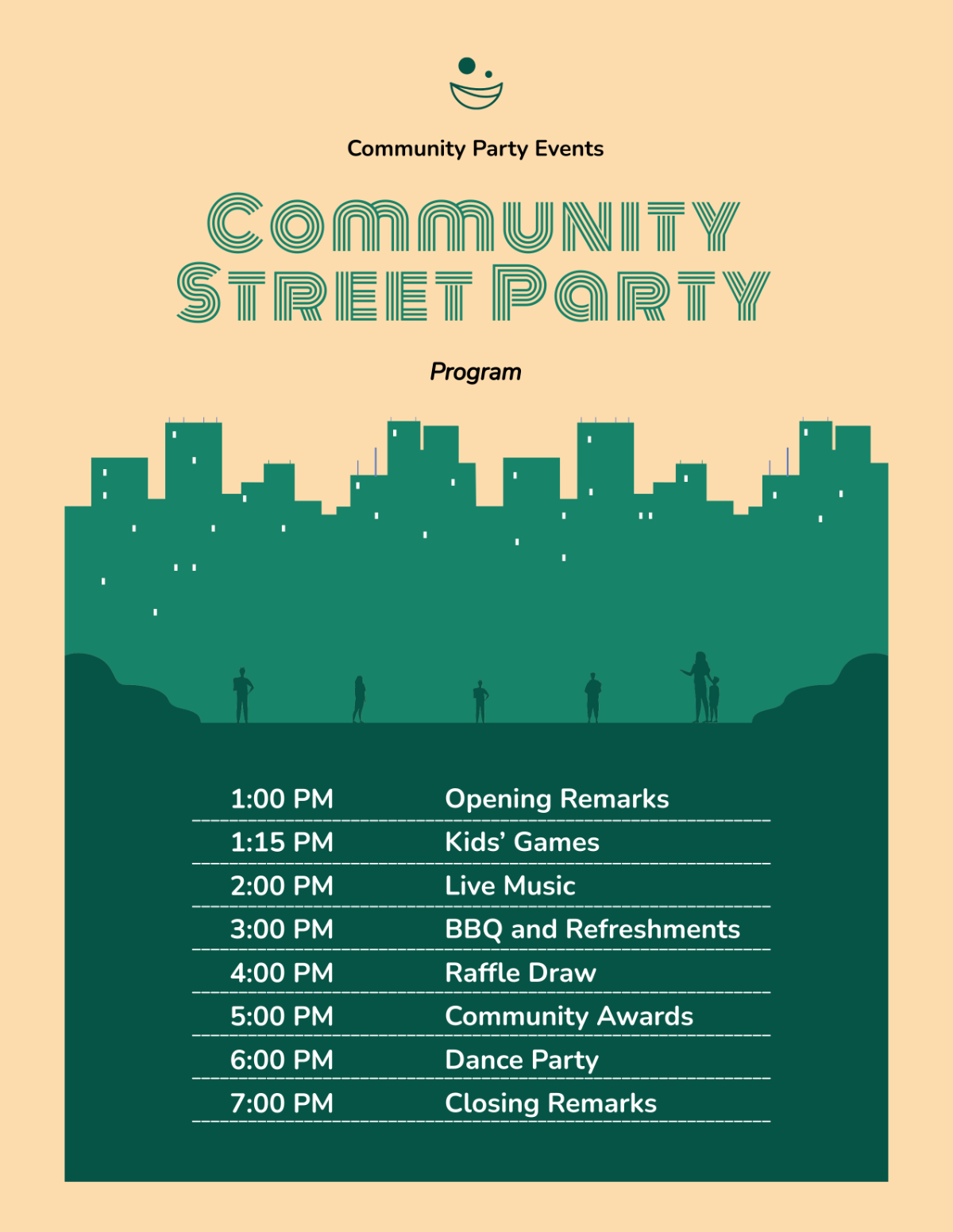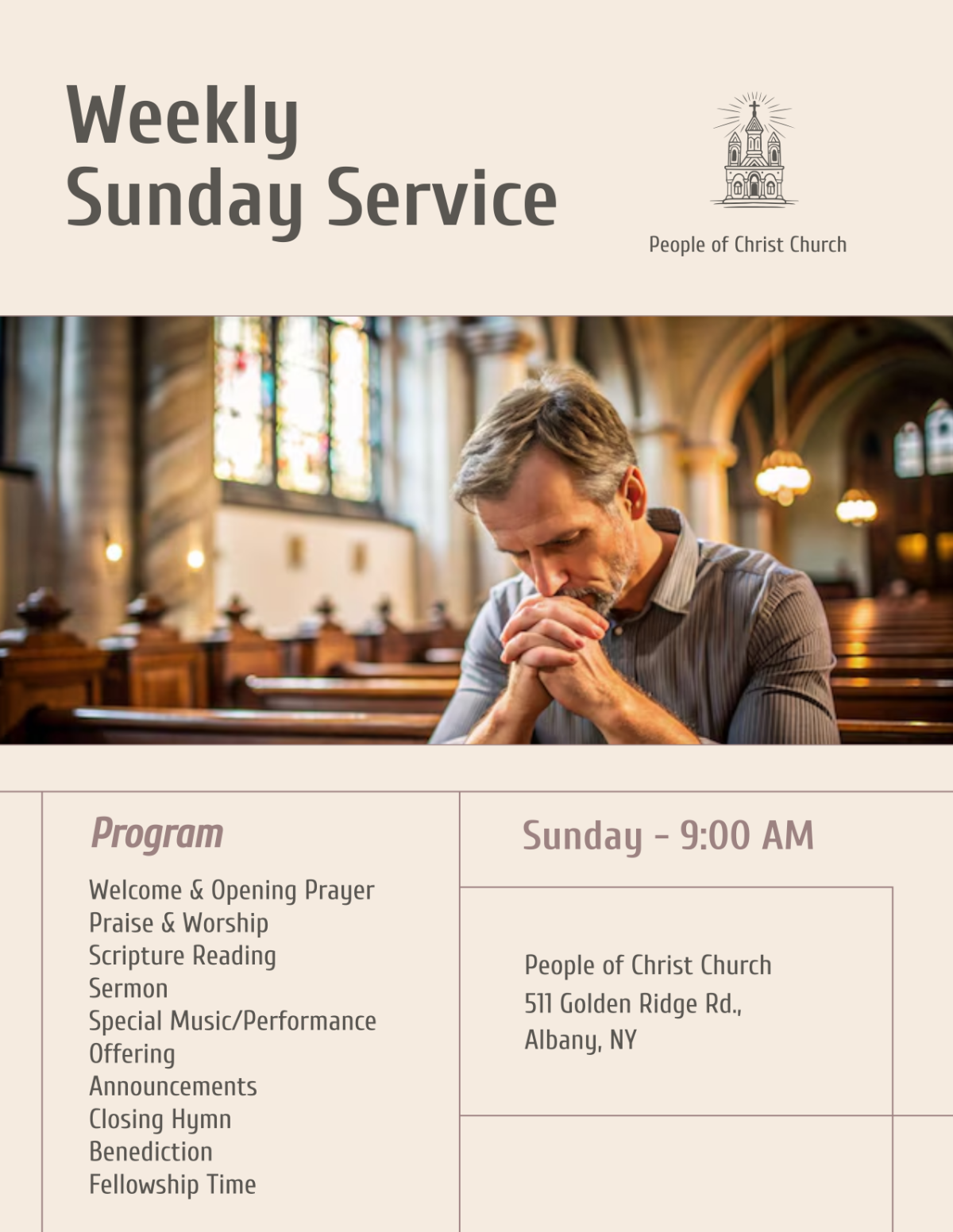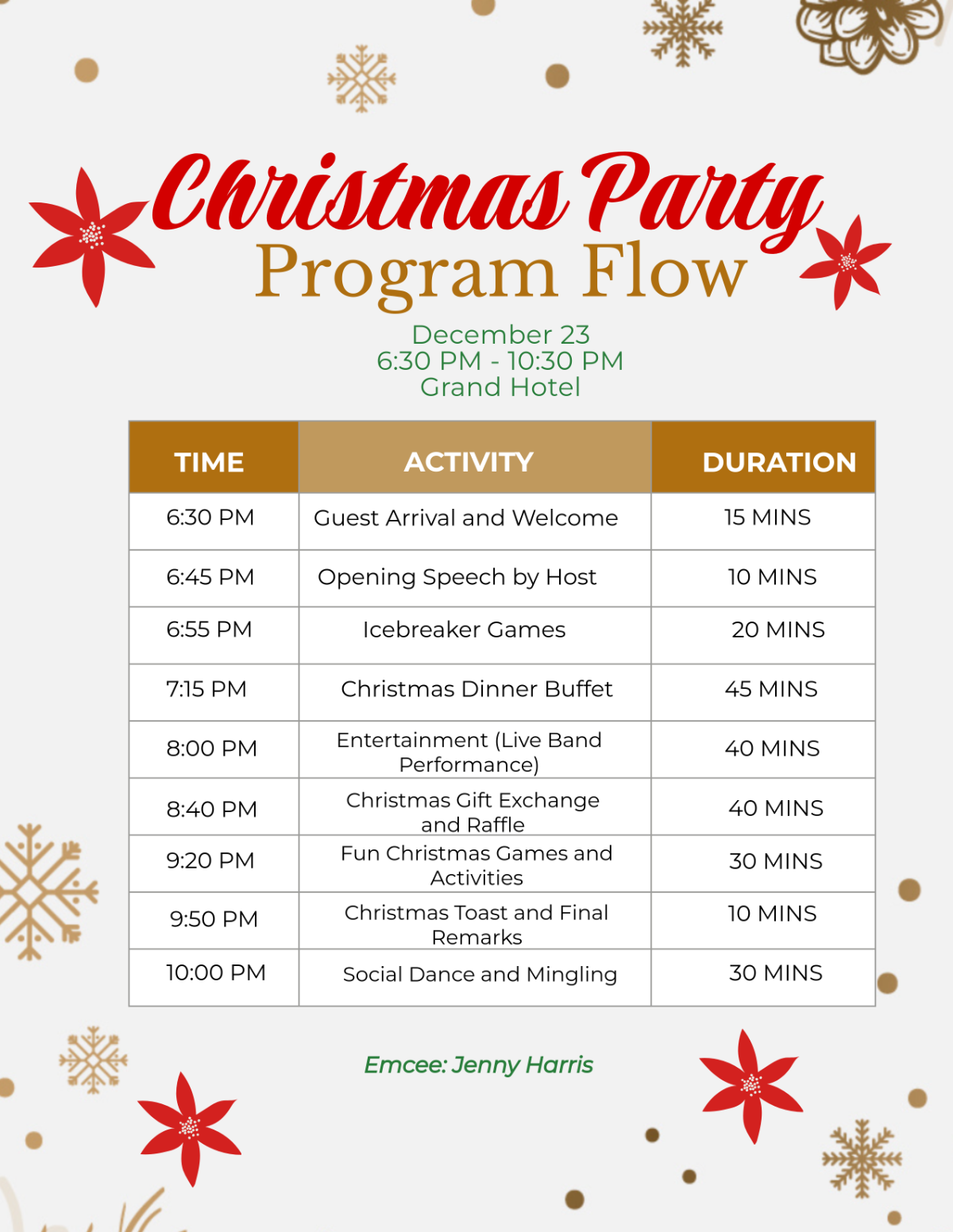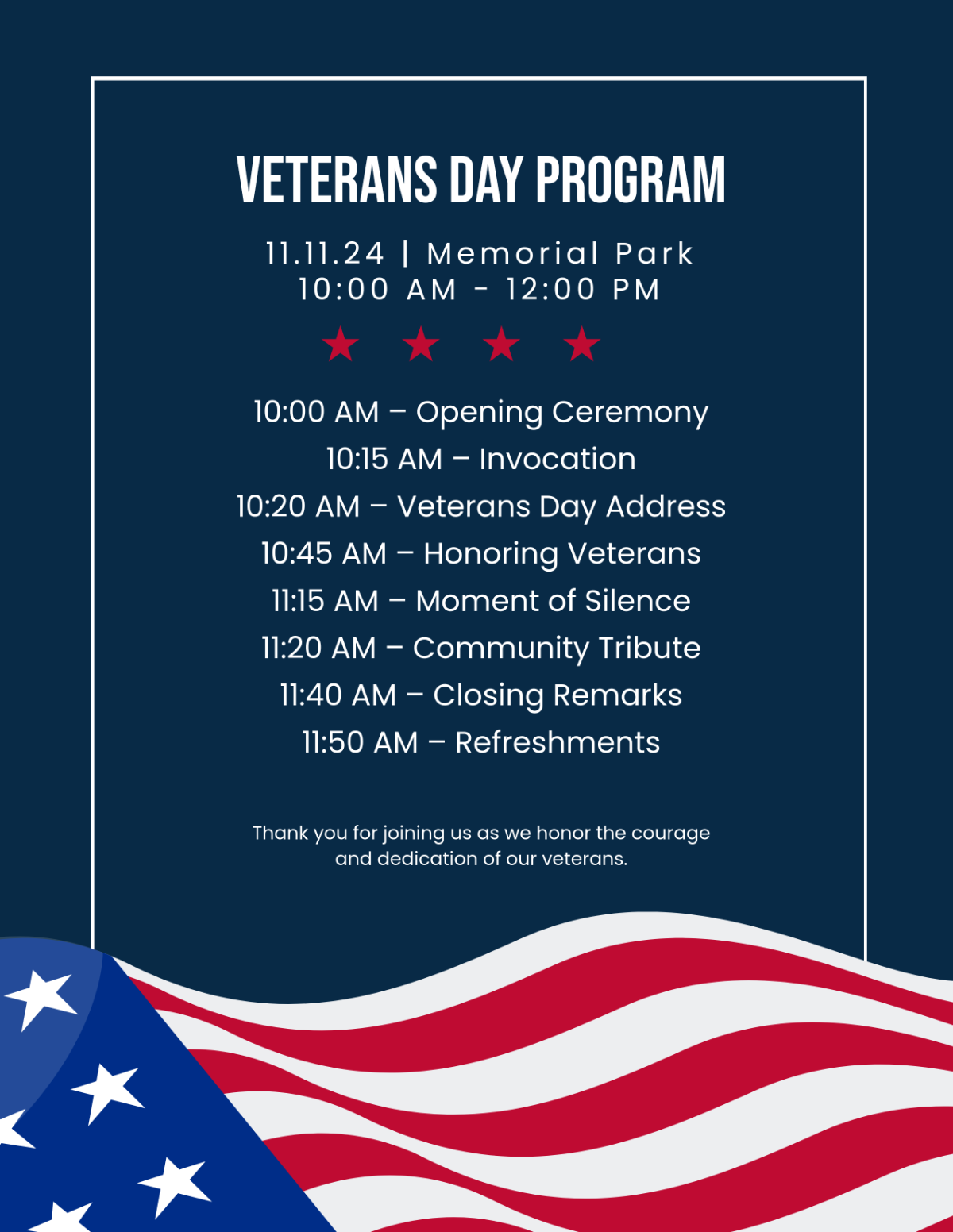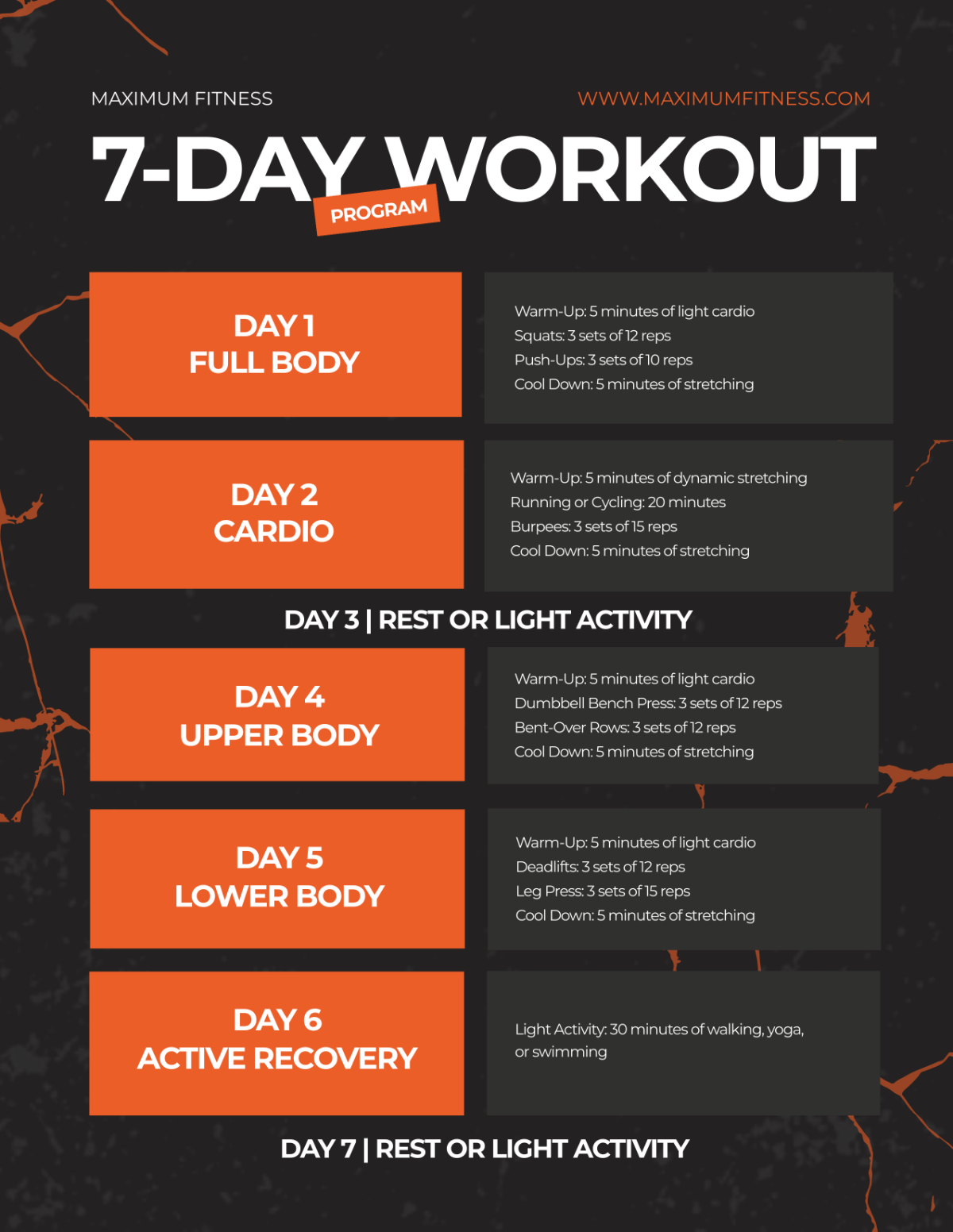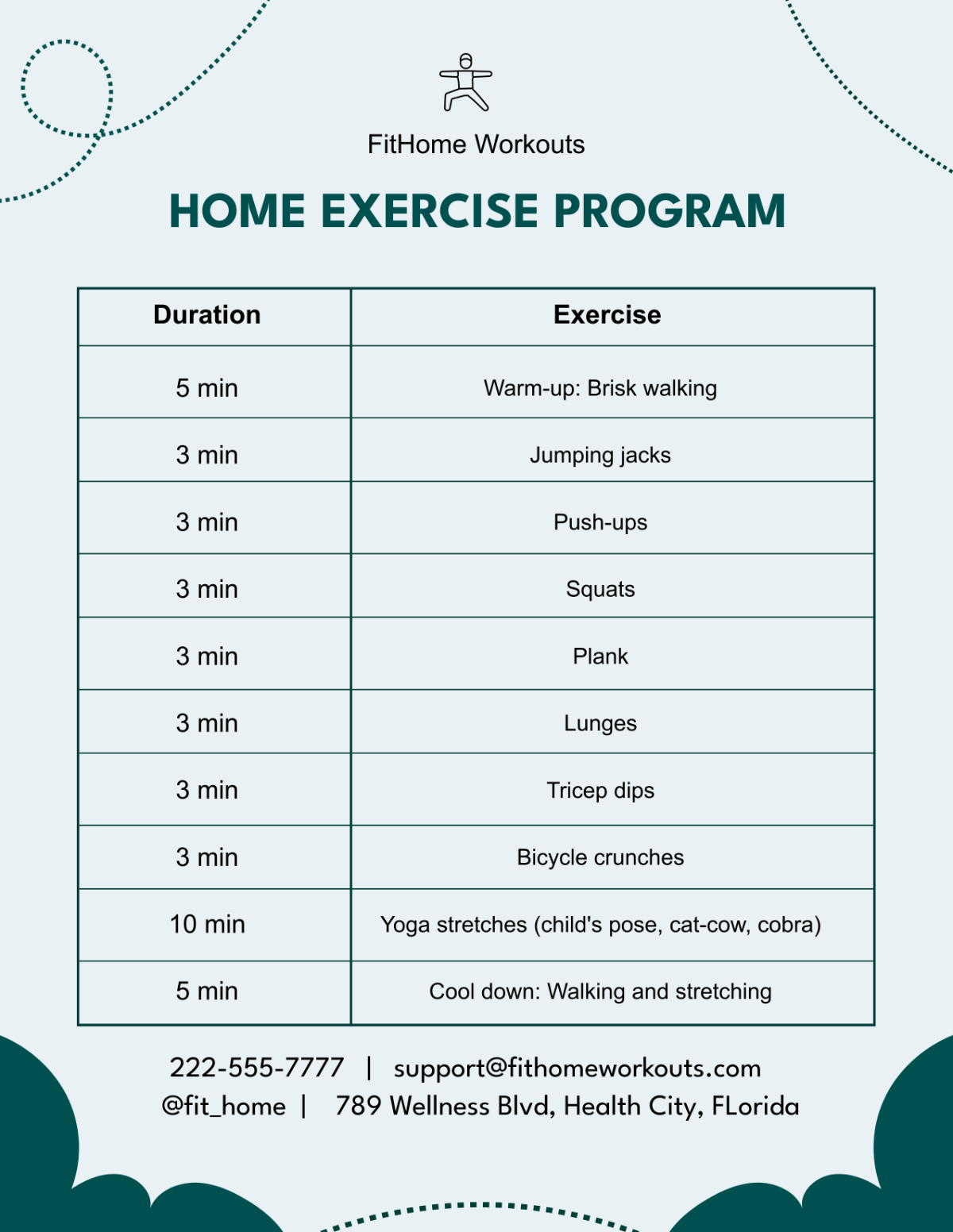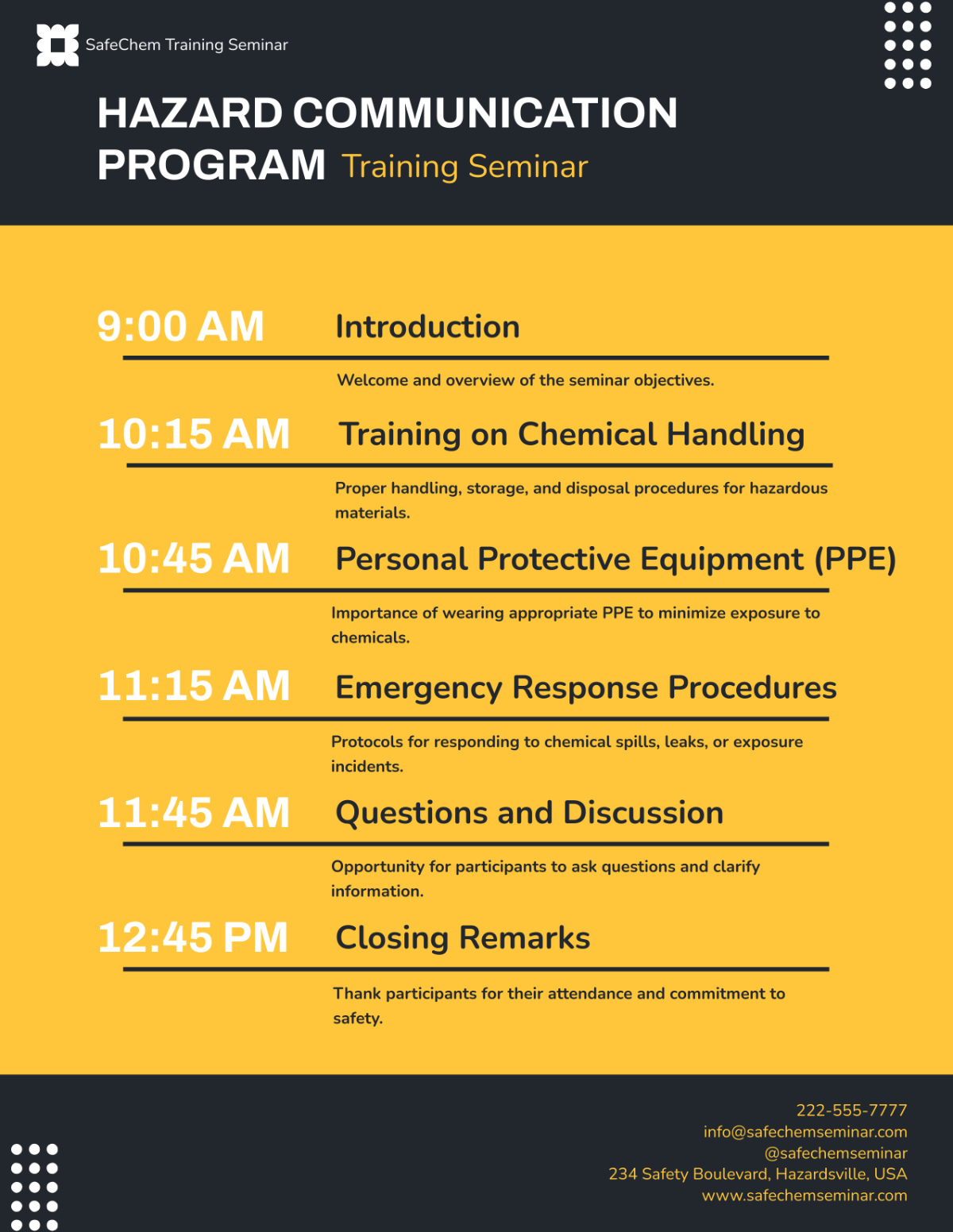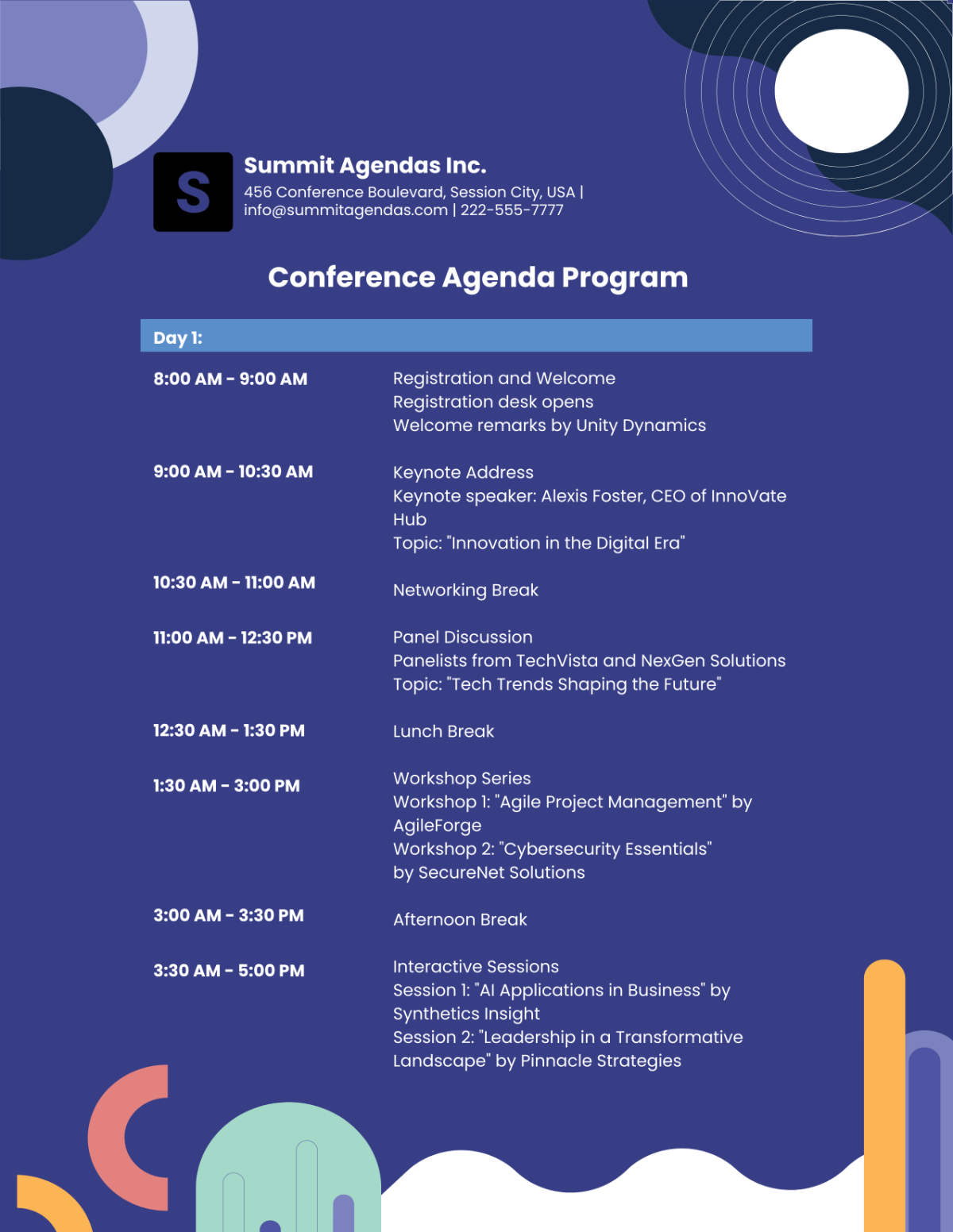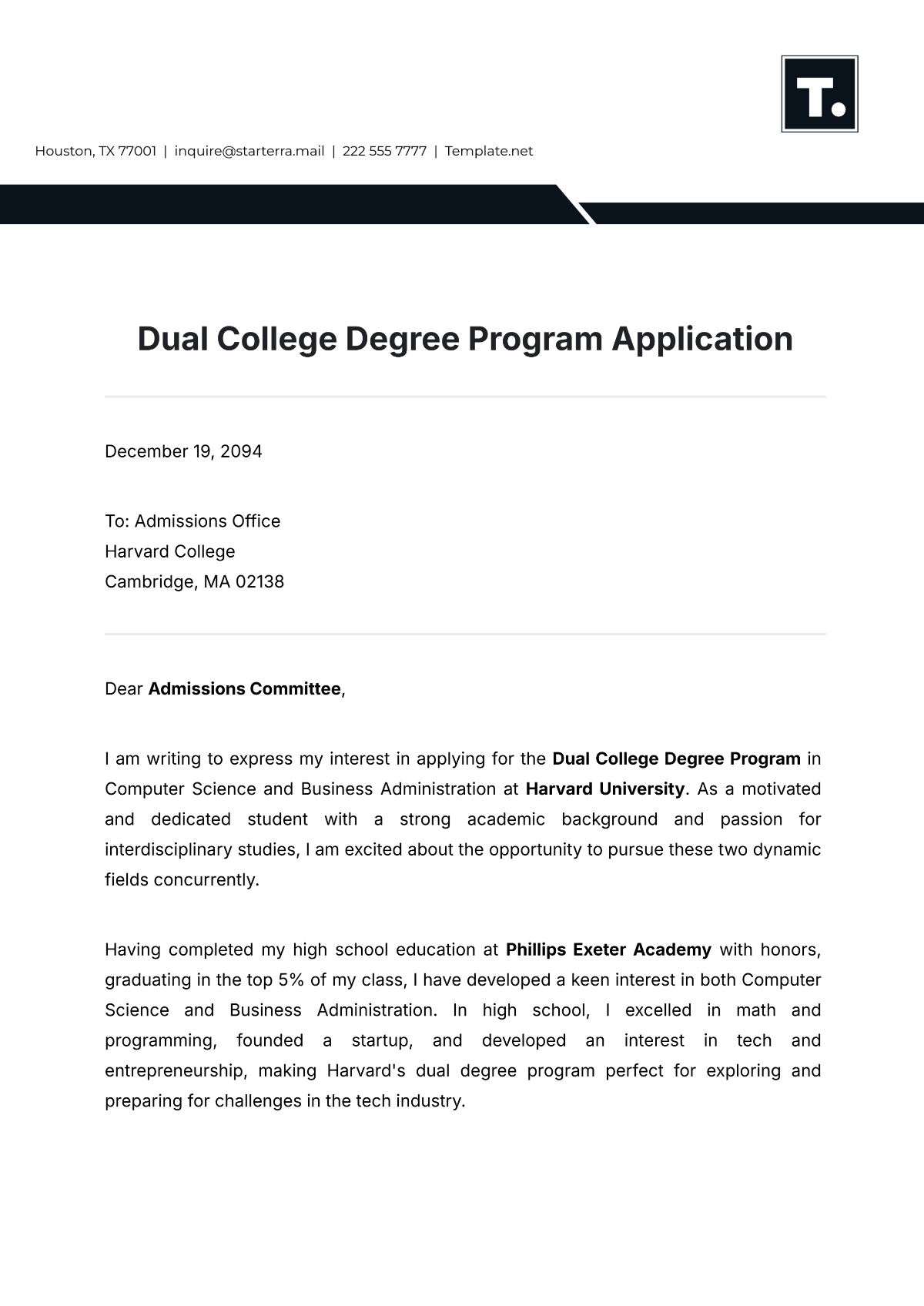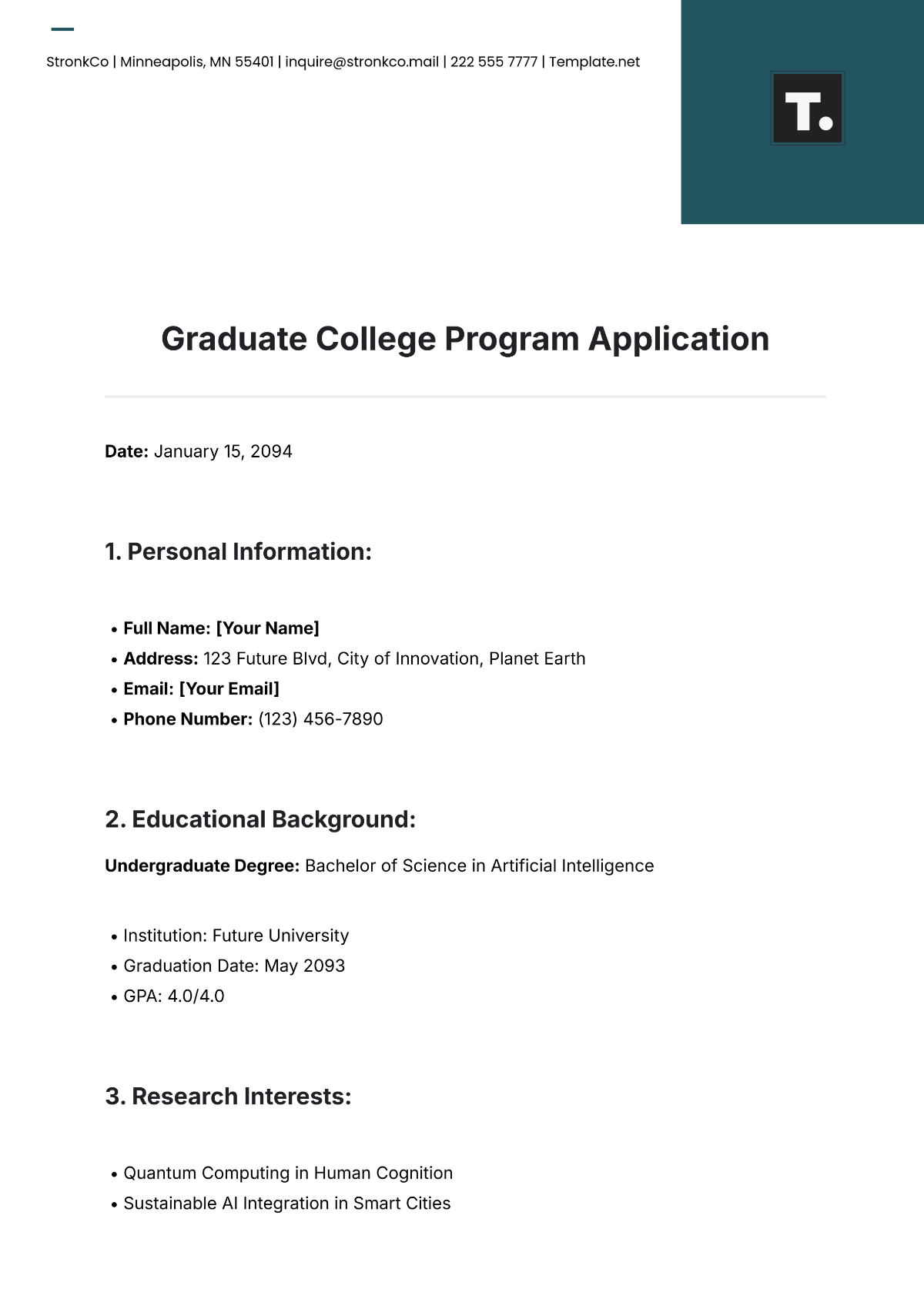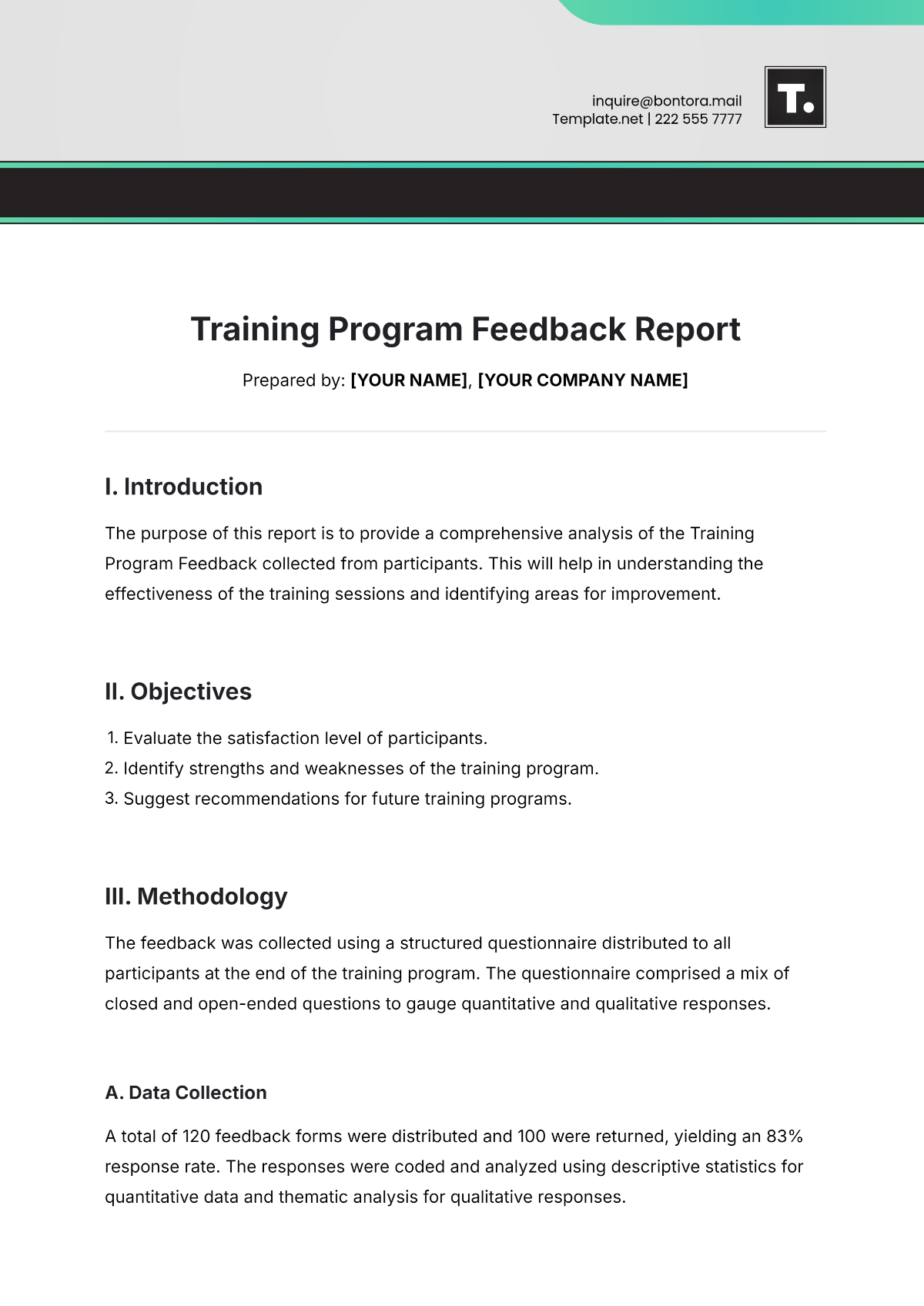MENTORSHIP PROGRAM ON METRICS
Prepared by [Your Name]
I. Program Overview
The Mentorship Program on Metrics is designed to help professionals master the use of social media data to drive marketing success. Established by the Global Social Media Metrics Association in 2052, this program pairs seasoned experts in social media analytics with emerging talents to enhance their skills in tracking, analyzing, and leveraging social media performance metrics. The program aims to build competencies in creating impactful social media strategies, improving engagement, and measuring campaign effectiveness.
II. Roles and Responsibilities
A. Mentors
Provide Expert Guidance: Share your expertise in social media metrics, including tools, trends, and best practices.
Support Skill Development: Help mentees improve their abilities to analyze social media data and derive actionable insights.
Facilitate Goal Achievement: Assist mentees in setting and achieving specific objectives related to social media metrics and performance.
Offer Constructive Feedback: Provide ongoing feedback to help mentees refine their social media strategies and metric analysis.
B. Mentees
Engage Actively: Participate in scheduled meetings and apply the guidance received from mentors.
Set Learning Goals: Define clear objectives for improving your social media metrics skills and knowledge.
Apply Feedback: Implement the feedback provided by mentors to enhance your social media performance.
Provide Feedback: Share your experience with the program to contribute to its ongoing improvement.
C. Program Administrators
Coordinate Program Logistics: Manage the pairing process, oversee program operations, and ensure alignment with educational goals.
Ensure Alignment: Verify that program activities and content meet the needs of both mentors and mentees.
Monitor Progress: Track the progress of participants and address any issues or concerns.
Resolve Issues: Handle any challenges or feedback from participants to ensure smooth operation.
III. Mentorship Guidelines
Frequency of Meetings: Mentors and mentees should meet bi-weekly for at least one hour to discuss progress and challenges.
Communication Channels: Utilize a mix of face-to-face meetings, video calls, and emails to maintain flexibility and effective communication.
Confidentiality: Maintain confidentiality of all discussions and shared data between mentors and mentees.
Goal Setting and Review: Establish clear, measurable goals related to social media metrics and review them regularly to track progress and make necessary adjustments.
IV. Learning Objectives
Objective | Description | Target Outcome |
|---|---|---|
Understanding Social Media Metrics | Gain knowledge of key metrics such as engagement rate, reach, impressions, and conversion rates. | Ability to track and interpret key social media metrics. |
Data Analysis and Reporting | Develop skills in analyzing social media data and creating comprehensive reports. | Proficiency in data analysis and report generation. |
KPI Development for Social Media | Learn to develop and monitor KPIs that align with social media goals. | Competence in creating and assessing social media KPIs. |
Strategic Social Media Planning | Utilize metrics to inform and adjust social media strategies for better results. | Enhanced ability to plan and execute effective social media campaigns. |
V. Assessment and Evaluation
Evaluation Criteria | Method of Assessment | Frequency |
|---|---|---|
Mentee Progress | Evaluate progress through regular check-ins and review of learning objectives related to social media metrics. | Monthly |
Mentor Feedback | Collect feedback from mentees on mentor effectiveness and the quality of guidance provided in social media metrics. | Quarterly |
Program Effectiveness | Analyze participant feedback and overall program outcomes to determine success and identify areas for improvement. | End of Program |
Skill Development | Assess practical application of skills through assignments, case studies, and real-world social media projects. | Throughout Program |
VI. Resources and Tools
Resource/Tool | Description | Access Information |
|---|---|---|
Social Media Metrics Handbook | A comprehensive guide covering key metrics, analysis techniques, and industry best practices. | Available via Global Social Media Metrics Association Website |
Analytics Software | Tools for tracking and analyzing social media performance data. | Access provided upon program enrollment |
Workshops and Webinars | Interactive sessions focusing on advanced topics in social media metrics and analytics. | Register through the program portal |
Case Studies | Real-world examples of social media campaigns and their metrics, including successes and lessons learned. | Accessible via online repository |
VII. Feedback Mechanisms
Feedback Sessions: Scheduled discussions between mentors and mentees to review progress, address challenges, and provide guidance.
Surveys: Periodic surveys to gather participant feedback on the effectiveness of the program and the quality of mentorship.
One-on-One Reviews: Individual evaluations by program administrators to assess the impact of the mentorship and overall satisfaction.
VIII. Program Timeline
Phase | Description | Duration |
|---|---|---|
Program Kick-off | Introduction of mentors and mentees, initial goal setting, and orientation on social media metrics. | 1 Week |
Mid-Program Review | Detailed review of progress, adjustment of goals if necessary, and reassessment of learning objectives. | 6 Months |
Final Evaluation | Comprehensive evaluation of program outcomes, mentee progress, and participant feedback. | 12 Months |
Program Closure | Final wrap-up, recognition of achievements, and collection of final feedback from all participants. | 1 Week |


